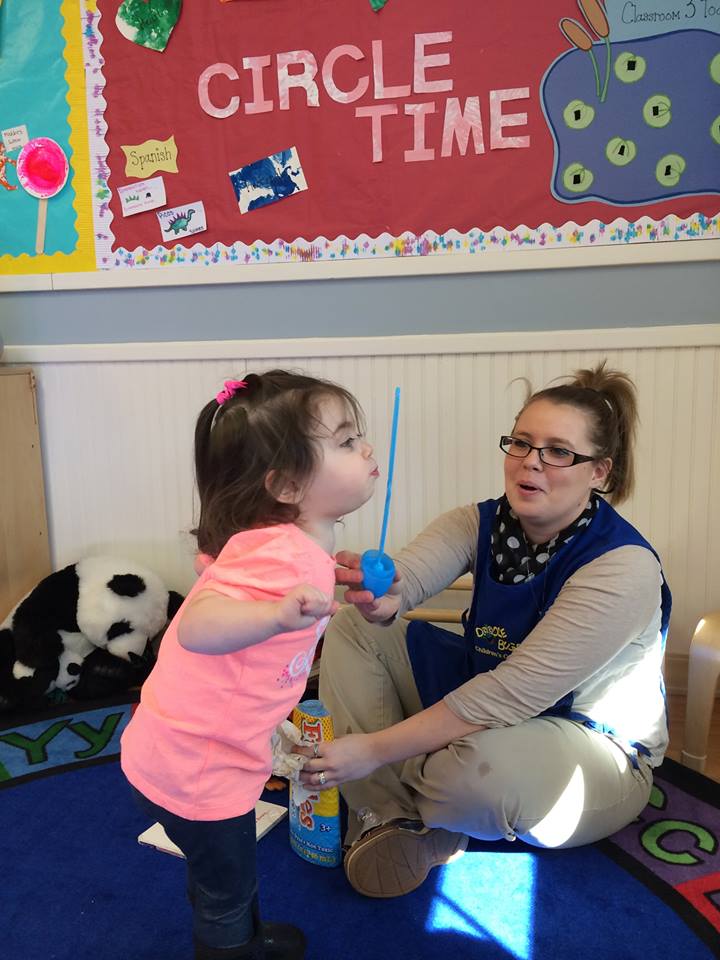April 21, 2014
It’s the Little Things: Understanding Why “Good Job” isn’t Always “Good”
 As busy parents with young children, it’s inevitable that at some point we’ve become distracted while our kiddos are telling us about something they just accomplished. Or we want to react positively when they are excited. There’s also a good chance that in response to that announcement, we’ve replied “good job.”
As busy parents with young children, it’s inevitable that at some point we’ve become distracted while our kiddos are telling us about something they just accomplished. Or we want to react positively when they are excited. There’s also a good chance that in response to that announcement, we’ve replied “good job.”
To most, “good” praise sounds like, “You are so smart! You know your ABCs! You’re so great at that!” However, solely that kind of praise can adversely affect children. According to Alfie Kohn, a leading figure in education, the real problem isn’t that children expect to be praised for everything they do these days. It’s that parents are tempted to take shortcuts, to manipulate kids with rewards instead of explaining and helping them to develop needed skills and good values.
Studies have shown that when children, even as young as preschool, are only exposed to praise which focuses on their achievements or intelligence, they begin to build a fear of failure which ultimately results in a behavior shift. Children then become fearful of not receiving the praise that they are “so smart” (thus not succeeding) and avoid tasks that will involve the risk of failure. Ultimately, this can inhibit their future choices to try new games, activities, and problems – especially those which involve differing degrees of difficulty.
Praising effort sounds like: “You must have worked really hard at that. You were really focused on balancing those blocks on top of each other.” When adults emphasize focus on children’s efforts, it gives them a variable they can control, which allows them to see themselves as in control of their success.
Looking for other ways to praise? Try these at home:
- Invite children to talk. Children’s learning is enhanced when they talk about their explorations and creations. “That looks really interesting. How did you do that?” “You wrote a lot of words on your paper. Would you tell me what they say?”
- Give nonverbal feedback. A gentle pat on the back, a smile, a wink, or a fist bump tells a child, “I see you are learning.” This is especially appropriate for children who are dual language learners.
- Say “thank you.” When children are helpful, thank them. “Thank you for opening the door for me. While you held the door, I could use both hands to carry groceries into the kitchen.”
- Use mirroring. When a child goes up and down the slide on her own for the first time, notice her smile, then smile back with a specific comment. “Look at what you did! Just yesterday you asked me to help and now you can do it on your own.”
Looking for more ways to avoid “good job” and praise efforts, check out these resources:

 1.866.668.5111
1.866.668.5111  6:30 am - 6:00 pm
6:30 am - 6:00 pm 
 Give a Happy High Five!
Give a Happy High Five!


